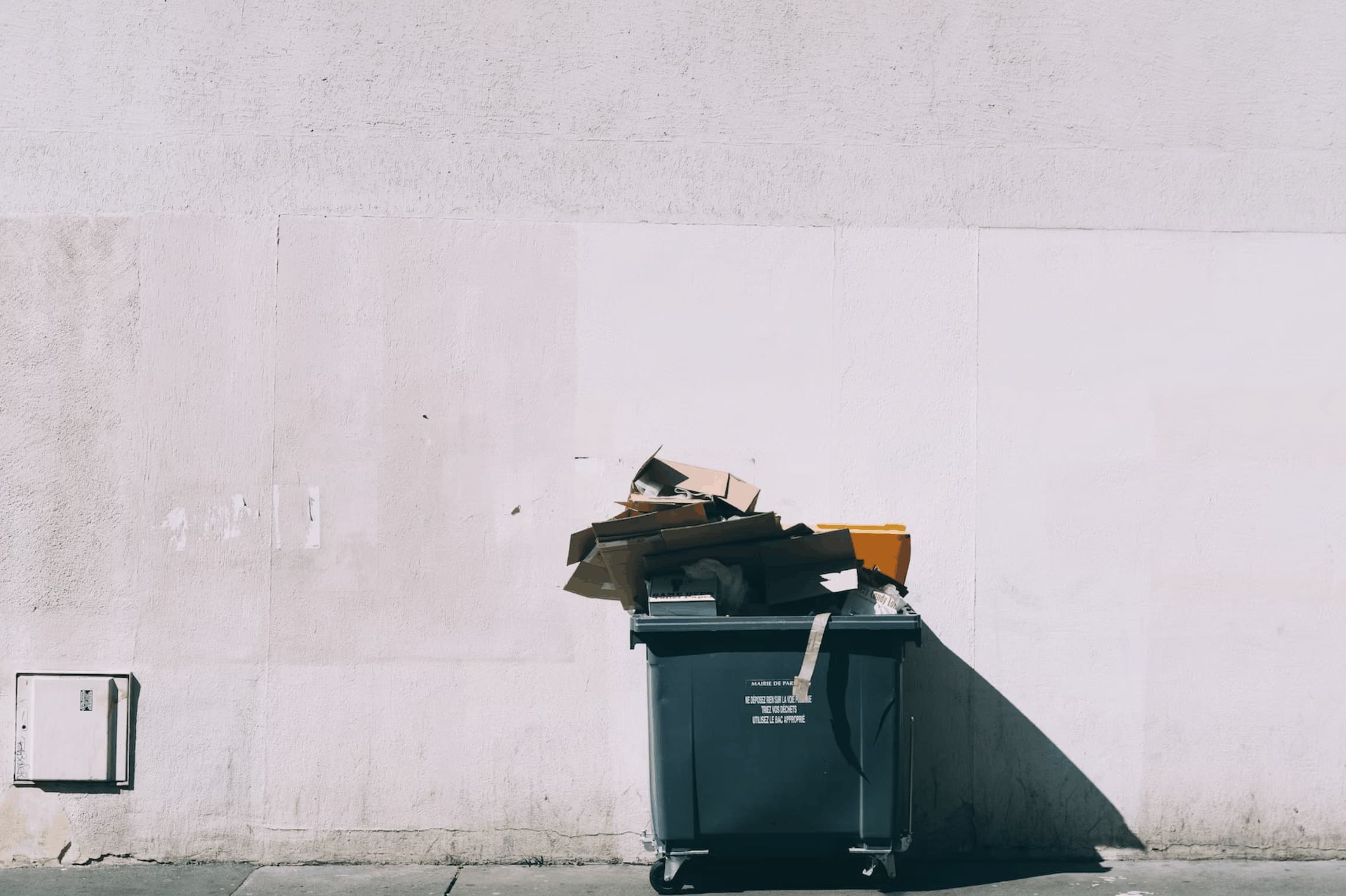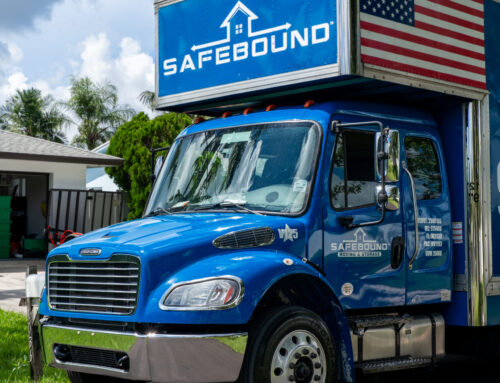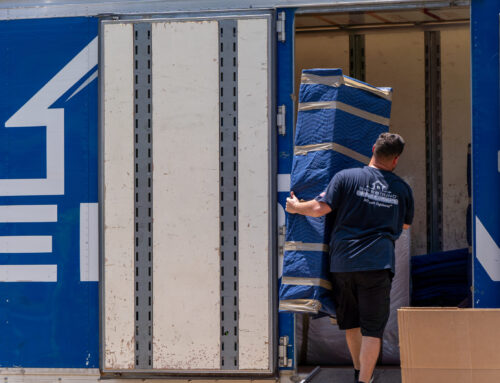Moving can be a stressful and daunting task, and one of the biggest challenges is figuring out what to do with all your belongings, especially the ones you no longer need or want. Whether you’re downsizing, upgrading, or simply decluttering, getting rid of unwanted items can save you time, money, and headaches during the moving process. In this blog post, we’ll share some tips and tricks on how to get rid of unwanted items before your move.
Start Early
The key to successful decluttering is to start early. Don’t wait until the last minute to start going through your belongings. Give yourself enough time to sort through your stuff, donate or sell items, and dispose of anything that can’t be salvaged. Starting early also gives you enough time to plan your move and figure out how much space you’ll have in your new home.
Create a Sorting System
Before you start decluttering, create a sorting system. You can use boxes, bags, or labels to categorize your belongings into three groups: keep, donate/sell, and dispose of. As you go through each room, be honest with yourself about what you use and what you don’t. If you haven’t used or worn something in over a year, it’s likely that you don’t need it.
Sell Your Unwanted Items
Selling your unwanted items can be a great way to make some extra cash before your move. You can host a garage sale, sell items online, or take them to a consignment shop. Some popular websites to sell items online include eBay, Craigslist, Facebook Marketplace, and Letgo. When selling items, be sure to take clear photos, write detailed descriptions, and price items competitively.
Donate Your Unwanted Items
If you have items that are in good condition but you no longer want or need them, consider donating them to a local charity or thrift store. Not only will you be helping someone in need, but you’ll also be reducing your environmental impact by keeping items out of landfills. Some popular organizations to donate items to include Goodwill, The Salvation Army, and Habitat for Humanity.
Dispose of Hazardous Items Properly
Some items, such as chemicals, batteries, and electronics, cannot be thrown away in the regular trash. It’s important to dispose of these items properly to prevent harm to the environment and potential fines. Contact your local government or waste management company to find out how to dispose of hazardous items in your area.
Consider Renting a Dumpster
If you have a large amount of unwanted items or are doing a major renovation, consider renting a dumpster. This can be a convenient way to dispose of items without having to make multiple trips to the landfill. Dumpster rental companies can provide different sizes of dumpsters depending on your needs and will usually drop off and pick up the dumpster at your location.
Pack Only What You Need
Once you’ve sorted through your belongings and have decided what to keep, it’s important to pack only what you need. This can save you time, money, and space during your move. Be sure to label your boxes clearly so that you know what’s inside each one. This can also make unpacking easier and less stressful.
Get Help from Professionals
Decluttering and moving can be overwhelming, especially if you have a lot of items to sort through. Consider hiring professional movers or organizers to help you with the process. They can provide guidance on what to keep, sell, or donate, and can help you pack and unpack your belongings. This can save you time, reduce your stress, and ensure that your belongings are properly handled during the move.
Getting rid of unwanted items before your move can save you time, money, and headaches. By starting early, creating a sorting system, selling or donating unwanted items, disposing of hazardous items properly, considering renting a dumpster, utilizing junk removal services, packing only what you need, and getting help from professionals, you can make your move smoother and more organized. Remember, decluttering is not only about getting rid of things you no longer need, it’s also about creating a fresh start in your new home. So, take the time to sort through your belongings and make intentional choices about what to keep and what to let go of.
In addition, if you’re moving to a new city or state, it’s important to research the local recycling and disposal guidelines. Different areas may have different regulations on what items can be recycled or disposed of, so it’s important to be aware of these rules to avoid any penalties or fines.





